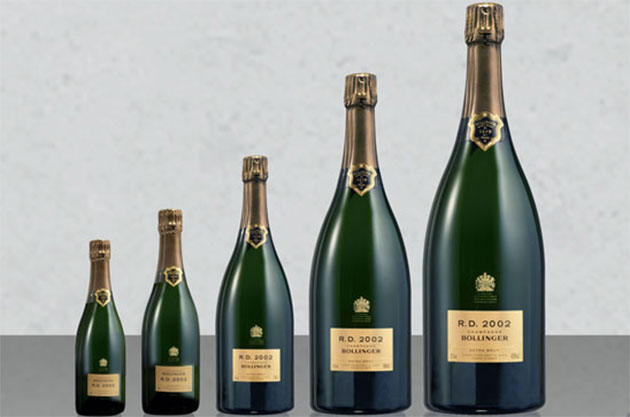Does Crémant de Bourgogne age as well as Champagne? Rob MacCulloch MW explains...
Ask Decanter: Do crémants age as well as Champagne?
Stephen Baznik, from Belgium, asks: I recently found a bottle of Caves de Bailly, Crémant de Bourgogne Rosé 1989. Is it worth keeping any longer? Do crémants age as well as Champagne?
Rob MacCulloch MW, for Decanter, replies: Sadly Crémant de Bourgogne and other crémants do not age as well as Champagne.
Crémants generally have a higher pH and phenolic content than Champagne, with low levels of both being crucial for longevity in sparkling wine.
Caves de Bailly is located south of Champagne in the Auxerrois, which makes a higher pH level climatically unavoidable. Moreover, crémant grapes are not pressed as rapidly after harvest as in Champagne, where press houses are situated in the vineyards to minimise time between harvest and pressing.
This results in crémant juice being higher in phenolic content, particularly for rosé wines.
These factors, combined with the hot, dry 1989 vintage, mean that your 26-year-old crémant rosé is likely to be past its best. I’d open and try it now, with the expectations that it may be no more than an interesting historical record.
Rob MacCulloch MW is training in Germany for a career as a viticulturist and winemaker.
-
Read more notes and queries every month in Decanter magazine. Subscribe to the latest issue here
-
Got a question for Decanter’s experts? Email us: editor@decanter.com
More questions answered:

What generates the fine mousse in a Champagne? Ask Decanter
A sign of a great Champagne...?

Champagne fizz fading – ask Decanter
My Champagne never seems to have much fizz...

Buying Champagne methuselahs – ask Decanter
How do I go about buying a methuselah of Champagne...?

Does putting a spoon in Champagne work? – ask Decanter
Does it keep Champagne sparkling...?

Champagne and Prosecco: What’s the difference?
Not all sparkling wines are created equal…

Champagne bubble size: Does it matter? – ask Decanter
Do smaller bubbles mean better Champagne...?






